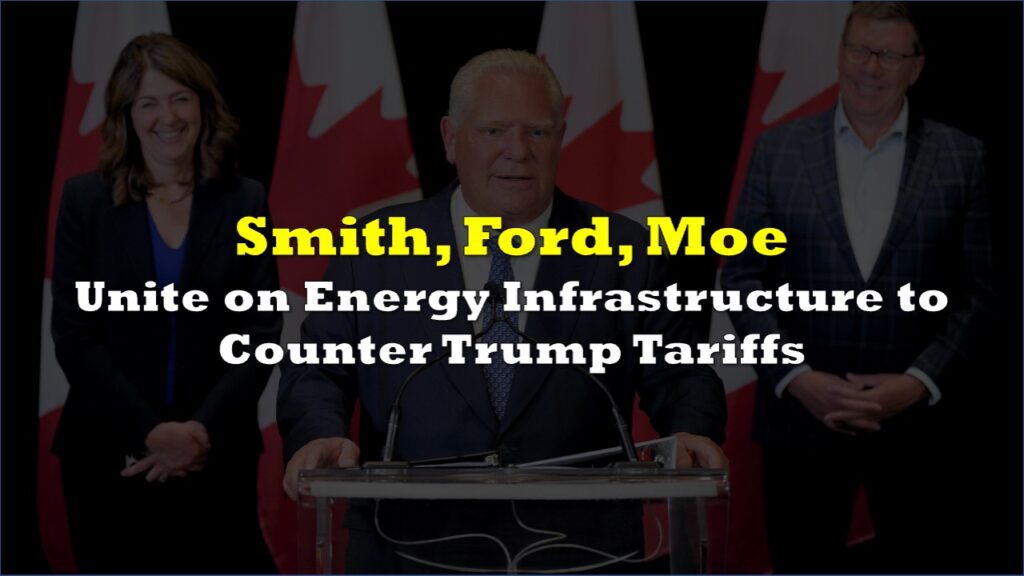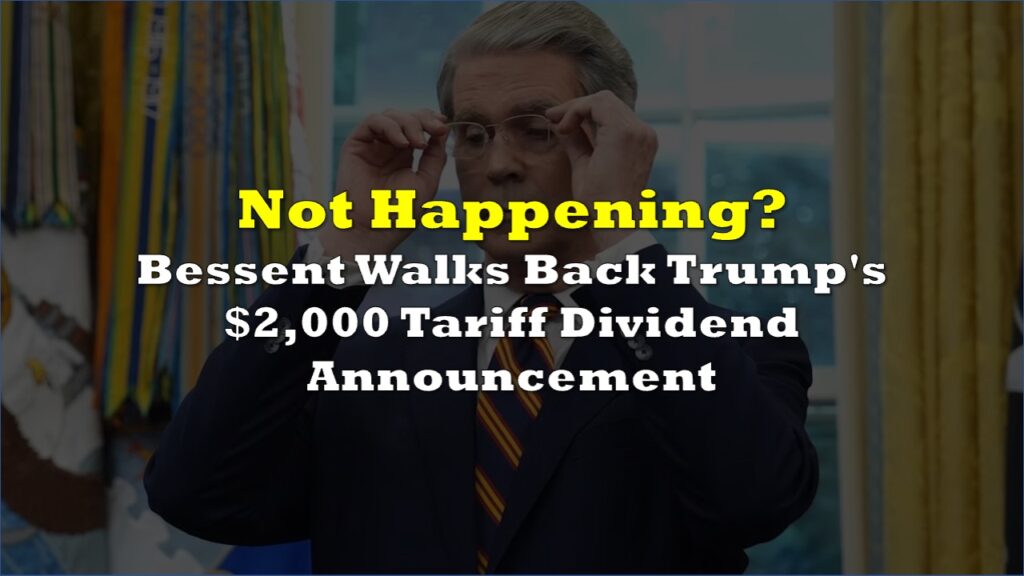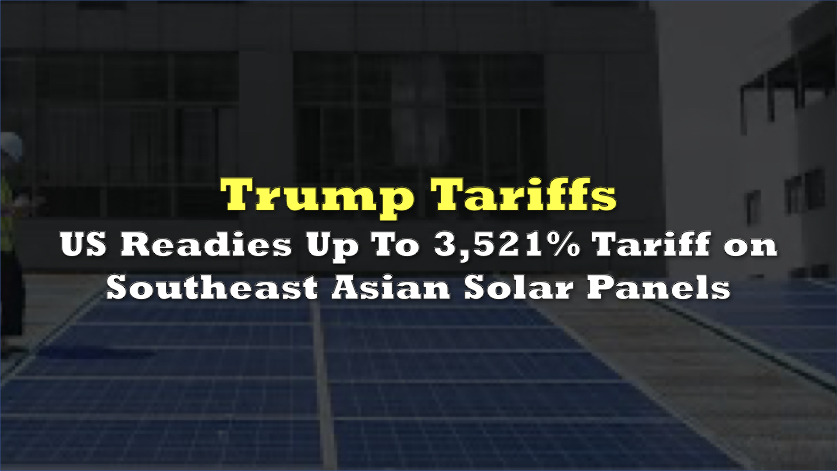As trade tensions intensify between the US and Canada due to the tariff threats made by returning President Donald Trump, an expert has proposed a way for Ottawa to strike back: patents.
In an op-ed, Richard Gold, Director of McGill University’s Centre for Intellectual Property Policy, says that Canada could effectively suspend US-controlled patents in key sectors such as pharmaceuticals and AI, applying both Canadian and international legal frameworks to do so.
According to Gold and other experts, targeting patents—and by extension, the lucrative revenue streams they secure—could exert enormous pressure on American companies. As of 2022, the US raked in over $127.39 billion in annual foreign income from intellectual property.
“Canada has the right, under domestic and international law, to suspend patent rights held by U.S.-controlled companies in key sectors, such as pharmaceuticals and artificial intelligence. This would put tremendous pressure on the Trump administration.” https://t.co/QuUAtwIuzd
— Steven Chase (@stevenchase) January 25, 2025
Can Canada do it? The ability to suspend patents stems from Section 19 of the Patent Act, which allows the government, in emergencies or matters of public interest, to request that the Commissioner of Patents grant licenses without the consent of the patent holder. This can allow the country to authorize compulsory licensing in situations deemed urgent or critical.
Internationally, World Trade Organization agreements also permit its members to protect essential security interests or address crises, including trade wars, public health emergencies, or significant economic threats—this includes the right to override patents.
An argument can be made that the tariffs the Trump administration plans to impose on Canada, the most significant of which is a blanket 25% tariff on trade, would constitute a “national economic security” concern.
Pharmaceuticals and AI
The two industries that could be most affected by a patent-wielding economic sword are pharmaceuticals and AI. For instance, the US-based pharmacies rely heavily on patent protections to recoup research and development costs. Suspending these patents would allow Canadian manufacturers to produce drugs at lower prices.
On the other hand, Jim Hinton, a patent lawyer specializing in AI, found that 75% of patents produced by Canada’s top institutes end up under foreign control, often ending up being owned by US corporations. Freeing Canadian research from US-controlled patent monopolies could enable domestic firms to commercialize innovations without paying steep licensing fees.
The US sits near the top of global rankings for collecting royalty and licensing fees from foreign entities. In contrast, Canada sits in 17th place, according to the most recent WTO statistics.
Gold posits that if patent retaliation would occur, it would reduce the income stream from Canada to US and increase opportunities for domestic companies. This way, Ottawa is also able to demonstrate its willingness to use every tool at its disposal when core economic interests are threatened.
Retaliation to Retaliation
Should that happen, the US could respond with further tariffs, quotas, or other trade barriers, Gold noted. The Trump administration could also challenge the move at the WTO or through USMCA dispute mechanisms.
While this could be a minor concern given the situation the country is facing with the US, Canada could also see a decline in foreign investments pertaining to patents given this new stance.
If Canada opposes the proposed tariff, Trump has suggested making the country the 51st state of the US.
“As you probably know, I say you can always become a state,” Trump told the leaders at a recent Davos conference. “Then if you’re a state, we won’t have a deficit, we won’t have to tariff you.”
Foreign Affairs Minister Mélanie Joly earlier said, ‘Everything is on the table,’ as the government brainstorms possible scenarios and retaliatory measures against Trump’s tariffs.
Information for this story was found via The Globe And Mail and the sources and companies mentioned. The author has no securities or affiliations related to the organizations discussed. Not a recommendation to buy or sell. Always do additional research and consult a professional before purchasing a security. The author holds no licenses.









